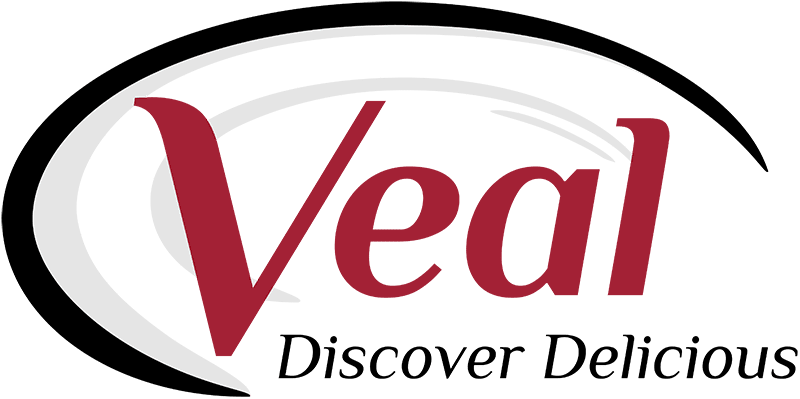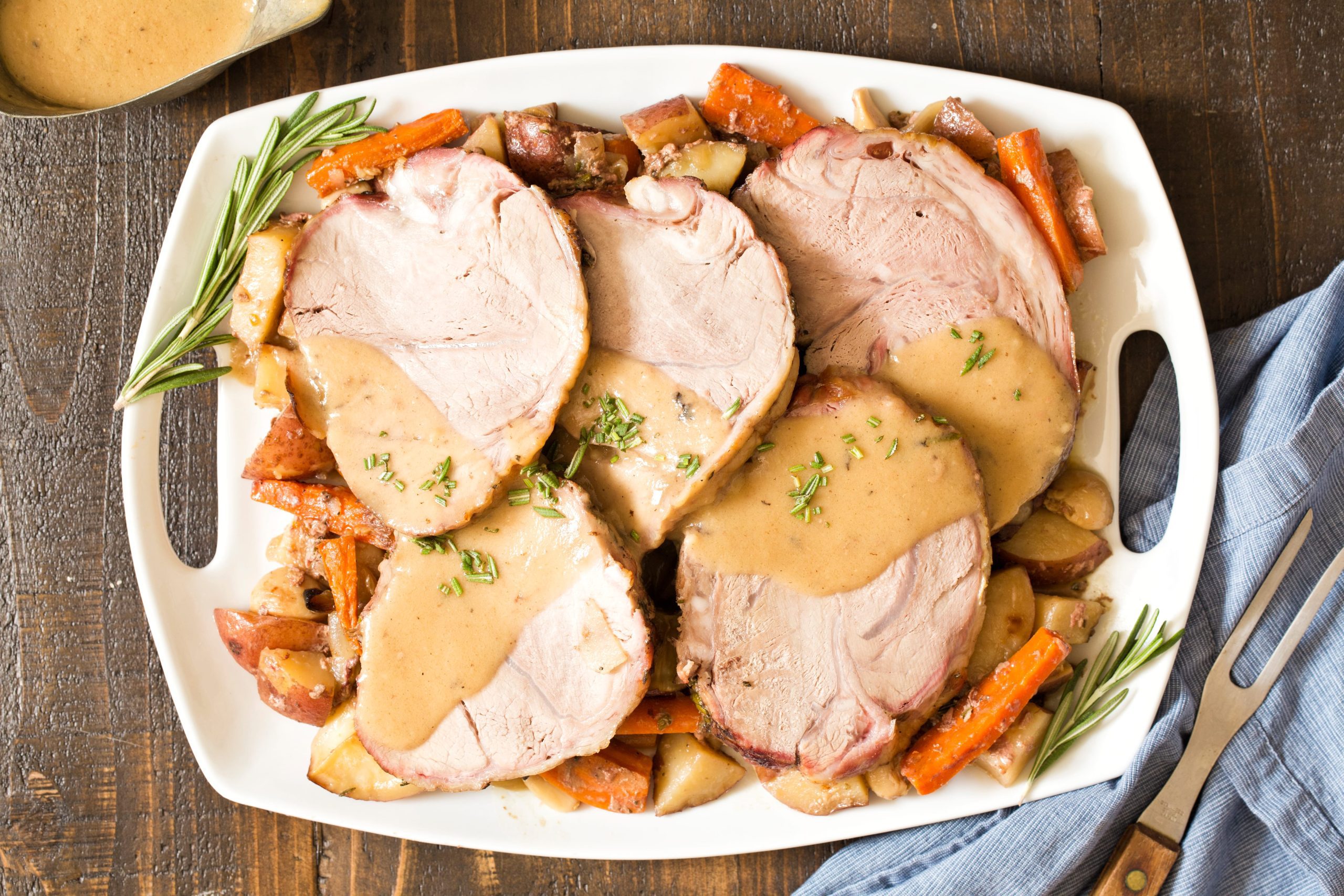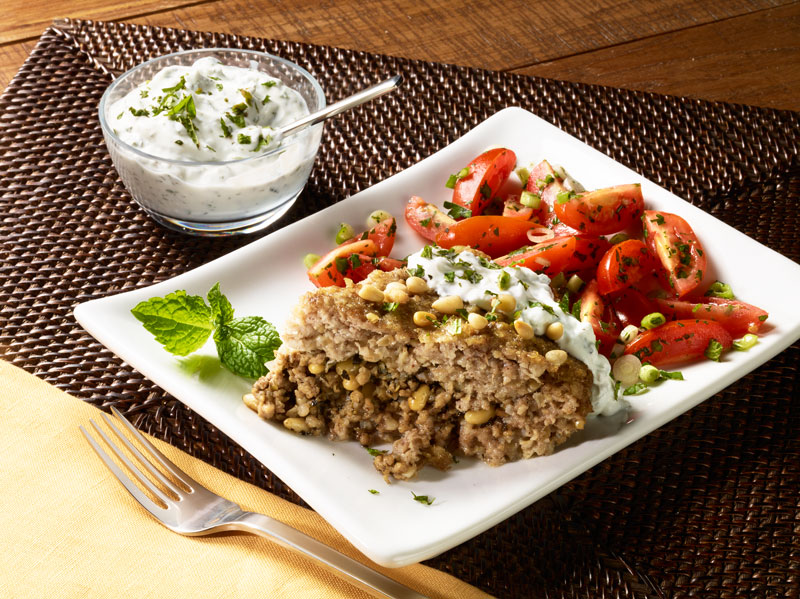June Veal Blog
PROMOTIONS
Veal promotions continues their modified communication strategy to reflect the “new normal” with more people in their houses spending time with family. Here’s a “family friendly” recipe showcased on veal’s social media platforms.
Facebook:
Looking for a fun and easy dinner solution that doubles as a way to entertain your kids? #Veal Za’atar Flatbreads put the pizzazz into #pizza, plus they’re a cool way for everyone to have a say in the kitchen since these pies are made to be personal…#eatbettereatveal, #beeffarmersandranchers.
NEW YORK STATE BEEF COUNCIL
Rigatoni has never tasted so delicious. This Veal Riggies recipe, created by the New York State Beef Council, is the perfect dish to whip up any night of the week!
PENNSYLVANIA STATE BEEF COUNCIL
Learn About the Veal Life Cycle
Explore more about veal! And, what makes veal a unique part of both the dairy and beef industry. Youth can learn the journey of veal calves, what they eat and how farmers take special care of them. The worksheets are designed for both primary (K-2) and upper elementary (Grades 3-5).
INDUSTRY
BEEF CHECKOFF NEWS
Beef Checkoff Publishes Article Answering Frequently Asked Questions.
Greg Hanes, CEO of the Cattlemen’s Beef Board, wrote an article emphasizing the Beef Checkoff’s effort to be transparent in its activities. “We want to have transparent, open, and honest conversations about the way we operate,” Hanes writes. “We welcome questions, and we have heard our share of those in recent weeks. We’re always working to find ways to clearly communicate with producers about the Beef Checkoff’s mission and programs – including where your dollars are spent – with information that is both transparent and simple to find.” Hanes answers five of the most frequently asked questions about the Beef Checkoff, including:
-
Who sits on the Cattlemen’s Beef Board?
-
How do Beef Checkoff funds get distributed?
-
What specific projects are currently being funded with Beef Checkoff dollars?
-
Where can I find the annual audited financials of the Cattlemen’s Beef Board?
-
How can a producer get involved with the Cattlemen’s Beef Board?
Answers to these questions and further information is available in the article here.
Veal Farm Video Views Increase
It’s not surprising that COVID-19 has driven people of all ages to spend more time online. According to one study by the Visual Capitalist, Gen Z consumers have consumed or say they are consuming 50% more time watching online videos. Millennials are up by 31%, Gen X by 35% and Boomers by just 11%. That trend has benefited the videos associated with the beef checkoff funded website Veal Farm. A campaign to attract views of videos about how veal calves are raised and what they are fed started in January. April saw significant growth in those who watched the videos. One in five people watched 50% of the videos and 15% watched nearly the entire video. In a marketplace where there is overwhelming content online to grab our attention, these numbers indicate people didn’t just click and move on. They watched the videos about how veal is raised today. The four-month campaign promoting the Veal Farm videos has reached 8.7 million people.
REGULATORY AFFAIRS
Department of Transportation Modernizes HOS Rules to Improve Safety for Truckers.
The U.S. Department of Transportation’s Federal Motor Carrier Safety Administration (FMCSA) announced last week a final rule updating hours of service (HOS) rules to improve safety and increase flexibility for American truckers. Based on the detailed public comments, FMCSA’s final rule on HOS offers four key revisions to the existing HOS rules:
-
FMCSA will increase safety and flexibility for the 30-minute break rule by requiring a break after 8 hours of consecutive driving and allowing the break to be satisfied by a driver using on-duty, not driving status, rather than off-duty status.
-
The Agency will modify the sleeper-berth exception to allow drivers to split their required 10 hours off duty into two periods: an 8/2 split, or a 7/3 split-with neither period counting against the driver’s 14-hour driving window.
-
FMCSA will modify the adverse driving conditions exception by extending by two hours the maximum window during which driving is permitted.
-
FMCSA will change the short-haul exception available to certain commercial drivers by lengthening the drivers’ maximum on-duty period from 12 to 14 hours and extending the distance limit within which the driver may operate from 100 air miles to 150 air miles.
More information is available in FMCSA’s press release here.
FSIS Reiterates the Availability of Disposable Masks and Face Shields.
The Food Safety and Inspection Service (FSIS) published a notice reiterating the availability – as of May 1, 2020 – of face coverings, disposable masks and face shields at the Materials Management Service Center. If establishments are not supplying inspection program personnel (IPP) with face coverings or masks, FSIS will provide a sufficient supply of cloth face coverings and disposable face masks so that IPP can choose which covering they prefer to use. These face coverings are available for purchase online at http://www.bsc.usda.gov/ or by phone at 1-877-576-6329. Further requirements and provisions can be found here.
INTERNATIONAL AFFAIRS
Cattle Age Requirement Removed for Beef to Saudi Arabia; Other Restrictions Remain.
The Export Library for Saudi Arabia no longer requires that beef and beef products be derived from cattle less than 30 months of age. All beef and beef products with a production date of May 13 or later may be derived from cattle of any age. However, all other requirements outlined in the export verification (EV) program for Saudi Arabia remain in place. An updated version of the FSIS Export Certificate is also posted in the Export Library.
Peterson Institute for International Economics Provides US-China Phase One Tracker.
The Peterson Institute for International Economics published a U.S.-China Phase One tracker that follows China’s purchases of U.S. goods. Through March 2020, China’s year-to-date total imports of covered products from the U.S. were $19.8 billion, which is less than half of the prorated year-to-date target of $43.2 billion. Over the same period, U.S. exports to China of covered products were $14.4 billion, which is also less than half of the year-to-date target of $35.7 billion. Through the first three months of 2020, China’s purchases of all covered products were thus only at 40 percent (US exports) or 46 percent (Chinese imports) of their year-to-date targets.
For covered agricultural products, China committed to an additional $12.5 billion of purchases in 2020 above 2017 levels, implying an annual target of $36.6 billion (Chinese imports) and $33.4 billion (U.S. exports). Through March 2020, China’s imports of covered agricultural products were $5.1 billion, compared with a year-to-date target of $9.1 billion. Over the same period, US exports of covered agricultural products were $3.1 billion, compared with a year-to date target of $8.4 billion. Through the first three months of 2020, China’s purchases were thus only at 37 percent (US exports) or 56 percent (Chinese imports) of their year-to-date targets. The full tracker with additional information is available here.
SCIENTIFIC AFFAIRS
New Study Challenges EAT-Lancet Mortality Data.
A study in the May Journal of Nutrition challenges data from the EAT-Lancet report on the potential mortality benefits of the “Planetary Health Diet.” In the new study, originally published online in February, researchers argue that the EAT-Lancet report released in 2019 did not meet standards for transparency and replicability, nor did it fully account for statistical uncertainty. The study’s attempt to replicate the mortality calculations for the United States revealed flaws in the assumptions and methods used to estimate the avoided mortalities. After correcting some calculation errors and fully accounting for uncertainty in the avoided mortalities, the researchers find the mortality reduction effect of the EAT-Lancet proposed diet in the U.S. is no greater than the impact of energy consumption changes that would prevent under-weight, over-weight, and obesity alone. The study is available to view and download here.
Foundation Shares Information on Foodborne Pathogens During Grilling Season.
Last week, the Foundation for Meat and Poultry Research and Education’s Senior Science Advisor, KatieRose McCullough, Ph.D., MPH, presented on the webinar “Protein Power Hour: Home Grilling #AloneTogether.” The webinar, coordinated by the Partnership for Food Safety Education, featured meat and poultry safety experts sharing information on meat and poultry related outbreaks. Dr. McCullough’s presentation focused on common foodborne pathogens to look out for during grilling season. The Foundation’s research addressing post-harvest beef safety and outreach to food safety practitioners and educators on behalf of the Beef Checkoff was highlighted at the end of the presentation. The recorded webinar is available on the Partnership’s website.
MEETINGS, EVENTS AND EDUCATION
Center of the Plate Training Scheduled for August.
Center of the Plate Training is a two-and-a-half-day course designed to teach the fundamentals of meat specifications by providing a first-hand look at how carcasses are converted to cuts commonly used in retail and foodservice. The learning experience includes a detailed cutting demonstration of all the major center of the plate protein items: beef, veal, lamb and pork, as well as sections on poultry and processed meats. Participants will come away with an increased knowledge of center of the plate items and a personal copy of the Meat Buyer’s Guide®; for over 40 years, the authoritative Guide to meat and poultry identification. More information is available here.
The training is scheduled for Aug. 18 – 20 in College Station, Texas. These dates are pending travel and group gathering advisories due to COVID-19 spread in the United States. The Meat Institute is fully committed to the health and safety of everyone who attends its events, and is following guidelines from the Centers for Disease Control and Prevention (CDC), the World Health Organization (WHO), and state and local governments regarding the coronavirus and will provide regular updates to all stakeholders as the situation warrants. Please check the Meat Institute website in early June to confirm class availability. For any questions regarding COP or any NAMI events, please contact us at registration@meatinstitute.org.
INTERNAL LINKS ARE FUNDED AND MAINTAINED BY THE BEEF CHECKOFF. ALL OTHER OUTGOING LINKS ARE TO WEBSITES MAINTAINED BY THIRD PARTIES













